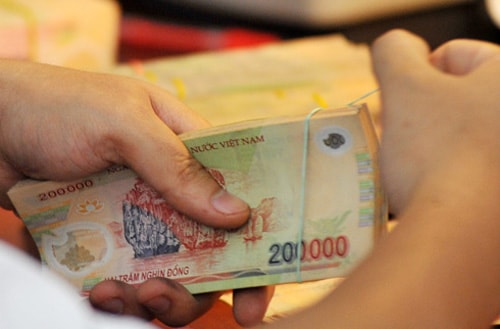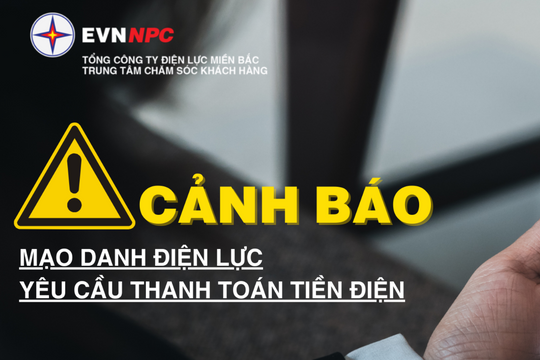Why did the customer report losing 32 billion VND buying and selling a house using a savings book?
When buying a house for Ms. Phuong Anh, Ms. Thu did not have cash, only a savings book of 30 billion VND that had not yet reached the maturity date, so to avoid losing half a billion VND in interest, the two parties agreed to transact using a savings book instead of cash.
 |
If buying and selling a house using valuable papers, the parties should carefully consider the terms and regulations of the law to avoid unnecessary problems. Photo: HH |
The case of Ms. Ngo Phuong Anh (57 years old) in Da Lat, Lam Dong reported the loss of 32 billion VND in her savings book deposited at the Bank for Investment and Development of Vietnam (BIDV) related to the transaction of buying and selling her parents' house. Ms. Phuong Anh sold the house to Ms. Bui Thi Anh Thu, but the two parties did not transact in cash as usual but used the buyer's (Ms. Thu) savings book.According to many lawyers, nIf Ms. Phuong Anh had asked the buyer to withdraw money from the savings account to pay her, the unfortunate incident of losing money at the bank might not have happened.
Talking with VnExpress,Ms. Ngo Phuong Anh said,The reason for accepting the savings book was because after completing the house purchase contract for 36 billion VND, Ms. Thu said she had no cash but had a savings book of 30 billion VND, with a term of 3 months.This book was issued by BIDV's D2 Giang Vo transaction office, Tay Ho branch (Hanoi) on January 21 and expired on April 21, 2016. According to Ms. Thu, this savings book cannot be withdrawn before the due date.
In fact, it is not uncommon for real estate buyers and sellers to transact using savings books. One of the main reasons is that the buyer does not have cash available, and the savings book has not yet matured, so if they withdraw it before maturity, they will lose a large amount of interest. As in the case of Ms. Bui Thi Anh Thu, with 30 billion VND, she could lose up to half a billion VND in interest.
Therefore, instead of withdrawing all the money to pay Ms. Phuong Anh, the two parties went to the bank to confirm that there was such an amount in the savings book and brought it to the notary office to do the authorization procedure. Here, Ms. Thu authorized Ms. Phuong Anh to fully withdraw the amount in this savings book when it was due. At the same time, with the remaining amount (6 billion VND), Ms. Phuong Anh agreed to let Ms. Thu write a promissory note to pay later.
According to lawyer Tran Minh Hai (Basico Law Firm), with payment transactions using the above form, the parties should carefully pay attention to the procedures to avoid risks.
For example, the seller should ask the buyer to transfer the name and the savings book to him/her immediately instead of making a power of attorney (like Ms. Thu authorized Ms. Phuong Anh). The reason is that in principle, with the form of authorization, the main power is still not in the hands of the authorized person (Ms. Phuong Anh). Thus, the risk will occur when the authorized person, Ms. Thu, unilaterally cancels this document.
Another risk is that the power of attorney will be invalid when the principal dies or property disputes arise from their spouse or children.Therefore, if payment is made in this form, the transfer procedure of the savings book must be carried out immediately instead of waiting for 2 months as in the above case to avoid unnecessary losses.
According to VNE
| RELATED NEWS |
|---|








